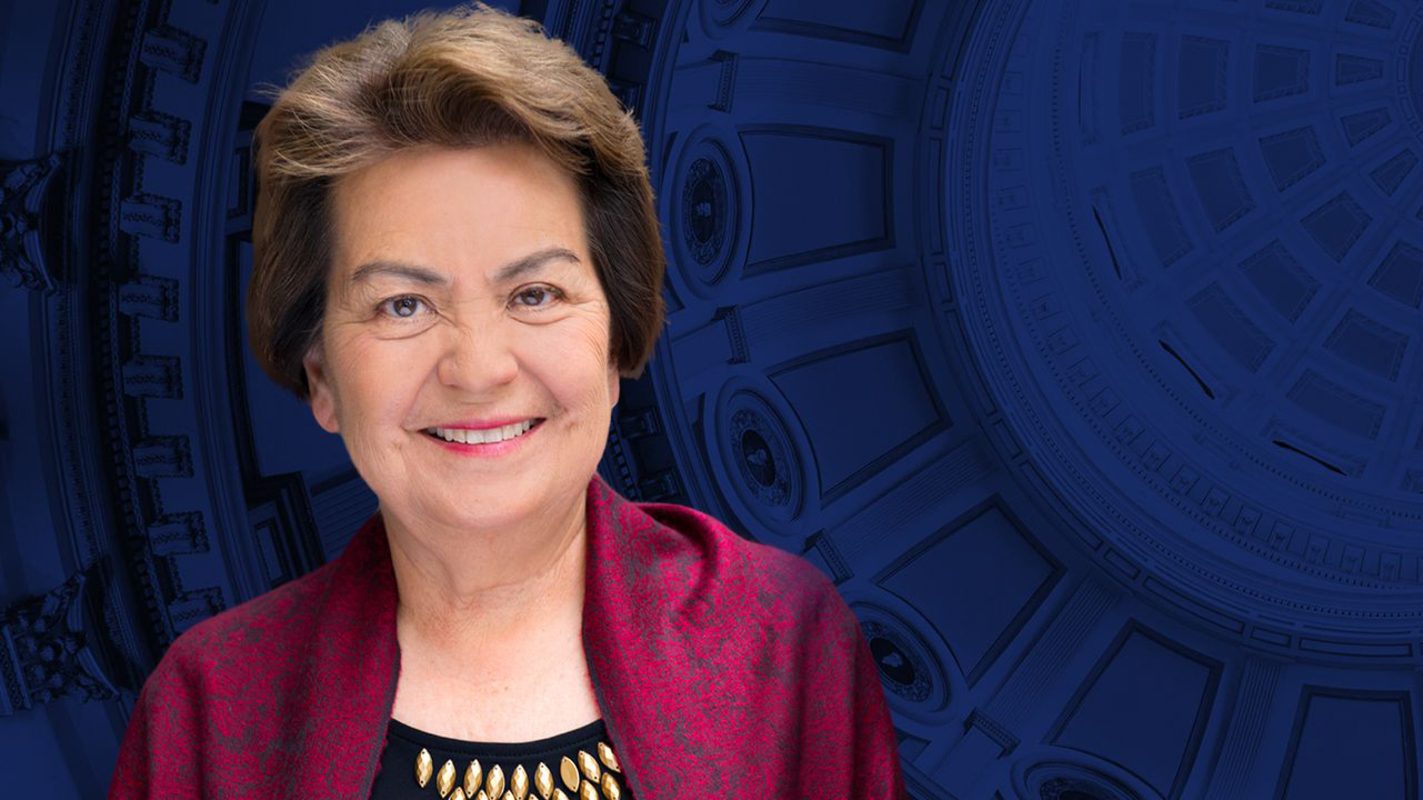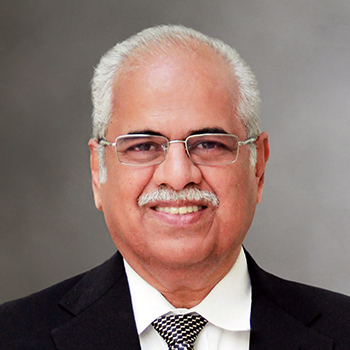“Sharing the mic, sharing the labor”
Latina political powerhouses examine the interplay of race, gender and politics in this year’s Castro professorship.

Christine Sierra, Ph.D., has mixed emotions reflecting on her accomplishments.
“I’m proud to say I’m the third Mexican-American woman to receive my doctorate in political science in the nation,” said Sierra, an emeritus professor of political science at the University of New Mexico. “That said, I’m dismayed we’re also so few and remain underrepresented in the field.”
The achievements of Sierra, this year’s Richard T. Castro Distinguished Professor, speak for themselves. She has been a guest scholar at the Brookings Institution and served as director of the Southwest Hispanic Research Institute at UNM. As an expert in American and Latino/a politics, she appears frequently in local, national and international media.
And a book she co-authored, “Contested Transformation: Race, Gender, and Political Leadership in 21st Century America,” recently won the Distinguished Career Book Award from the Race, Ethnicity and Politics section of the American Political Science Association.
A national study of elected officials of color, it offers an intersectional approach to political power differentials – and folded into her keynote for the professorship’s theme, “Takin’ Care of Business in la House (and Senate): Latinas y el Poder” (Latinas and the Power).
“We’re seeing a dual narrative,” Sierra said. “On one hand, with the demographic change in the United States, there’s an increase of public-office attainment by people of color at all levels. On the other, there’s still underrepresentation at all levels too; it’s a slow change that needs to produce numbers more reflective of our population.
“I want to inspire young women to be movers and shakers, so when they meet obstacles, they’re able to overcome them.”
Key to this change is a critical process examination grounded in history, said Adriana Nieto, Ph.D.
“Women get into politics largely from a community backing – not the ‘pull-yourself-up-by-your-bootstraps’ narrative,” said the associate professor of Chicana/o Studies and chair of this year’s Castro professorship. “That’s how we came up with the ‘House’ theme, whether it’s the House of Representatives or their own casa, where the support work is often unrecognized – and uncompensated.”
In addition to Sierra’s address, a multigenerational panel of Latina political leaders took attendees through a discussion of past, present and future considerations.
“Along with the chronology, the genealogy is really incredible – Polly Baca, whose great-uncle Juan Antonio Baca was elected to the Colorado State Senate in 1878, sitting up there with Crisanta Duran, the first Latina speaker of the Colorado House,” Nieto said. “It’s important to see the historical connection throughout the state of Colorado and connect our students to these incredible leaders.”
Sparking engagement with the past, people can ask if it’s important for them to participate in government – and if not, examining why not.
That’s part of the value of bringing communities together across generations, Nieto said.
“Latinas involved in social movements weren’t interested in the same kind of platform as their male counterparts,” Nieto said.
“Philosophies of leadership were more communal, egalitarian; women were looking to share the mic and share the labor. And there’s a lot of labor – from the emotional work to making tacos for the fundraisers, it’s constant negotiating.”
“I want to honor the communal nature inherent in this leadership,” she added.







